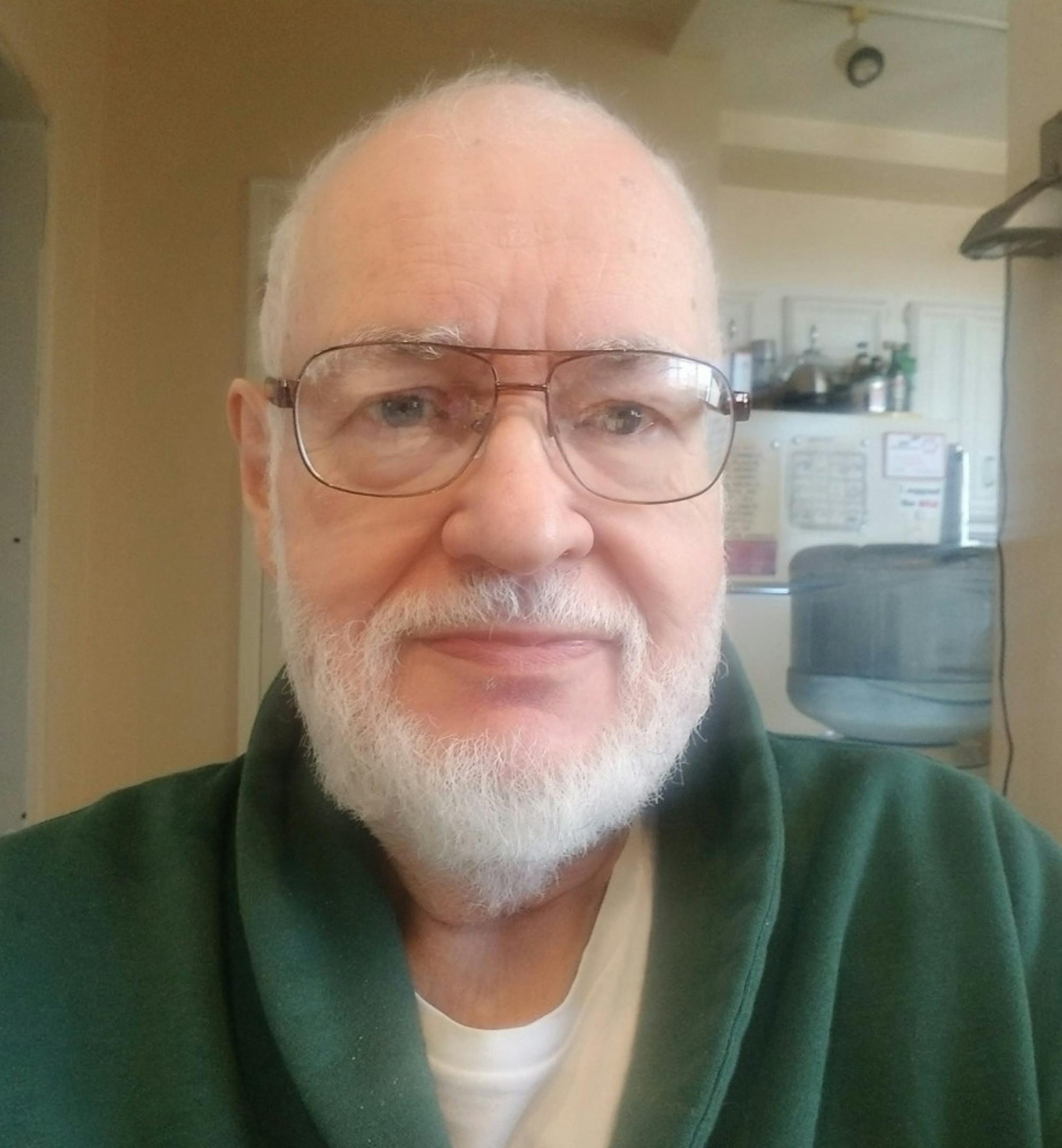“When good actors start reading your words, you go, ‘Holy s---, listen,’” Carl Gottlieb, the screenwriting veteran behind the world-shifting blockbuster “Jaws” (1975), said in a Q&A session on Nov. 19. The discussion, which was organized by the Film and Media Studies program and hosted by Jennifer Burton, was as frank, humorous and intriguing as the aforementioned quote, while also serving as a poignant reflection on a storied journey beginning in the "golden age" of Hollywood and extending into the modern day.
Gottlieb’s career began as an improvisational comedic performer, to which he accredits many of the skills he’s utilized throughout his career. “I am better equipped than most writers to judge how effective my dialogue is gonna be in another actor’s mouth,” Gottlieb said.
He also noted that the training made him a much more adaptable screenwriter, as he remembers a period working on the film “Doctor Detroit” (1983) that he “was getting well known for being able to fly in and fix a script.” Despite his successful work as a “script fixer,” though, Gottlieb notes the film as a point of regret. “I got to read the source material,” Gottlieb said, “[I said,] 'why didn’t you give me this to adapt? I would have loved to have worked on this.’”
Gottlieb's most famous work (and another adaptation) is, of course, the "Jaws" franchise, of which Gottlieb has been a torchbearer.
“After the success of Jaws, it became obvious [there] was going to be a sequel,” Gottlieb said, but ultimately noted that the increasingly franchised nature of studio filmmaking might be detrimental in the long term.
"It's kind of the death of the independent screenplay," Gottlieb said. "Unless you're James Cameron ... Every other movie is a remake, a sequel, a prequel, or a reboot, or a comic strip ... Sometimes it's just utilitarian and, you know, your job is to service the project, not your idea of what the film should be."
This spirit of collaboration was vital, in Gottlieb’s assessment, to the ongoing creation of great films and detrimental if poorly executed.
“The auteur theory — a term in film theory wherein the director’s vision stands above all others — [is] not good for movies, and it gave directors a swelled head for a generation," Gottlieb said before quickly pivoting to the irony of this in the current cinematic day. “If you think about superhero movies, and tentpole movies and all that, can you name the directors of the Marvel films? Like, who cares?”
If nothing else, it’s fascinating to hear that one of the men responsible for the modern blockbuster is nevertheless disappointed with its current trajectory. “Things crash and burn and explode,” he continued. “The nuances of character and the development and relationships, they’re not important and the directors don’t care.”
The final segment of this extended thought seemed to summarize, for better or worse, the mix of joy and sorrow over Gottlieb’s decades-long career in the business that he still watches over today: “It’s an evolving business; it’s always changing.”







